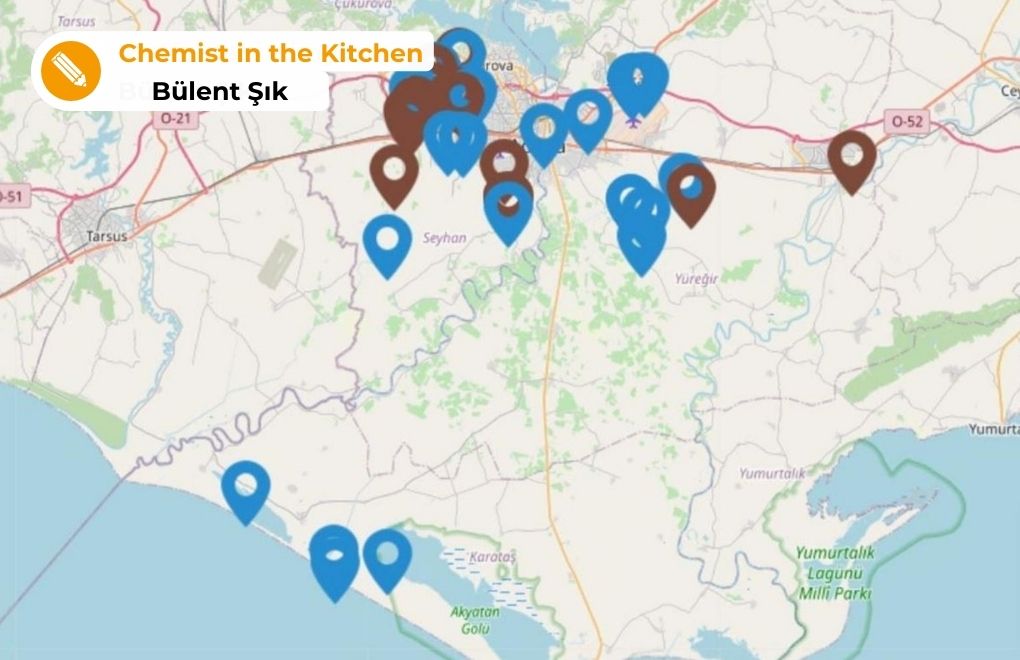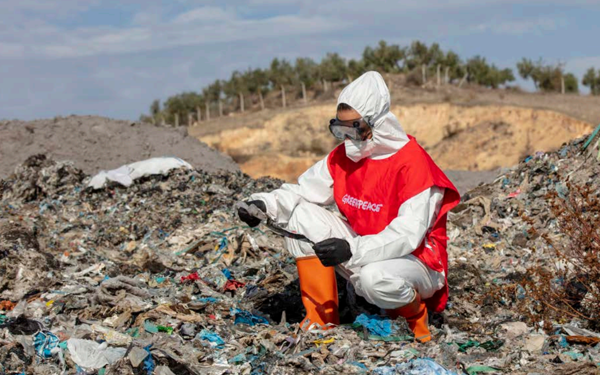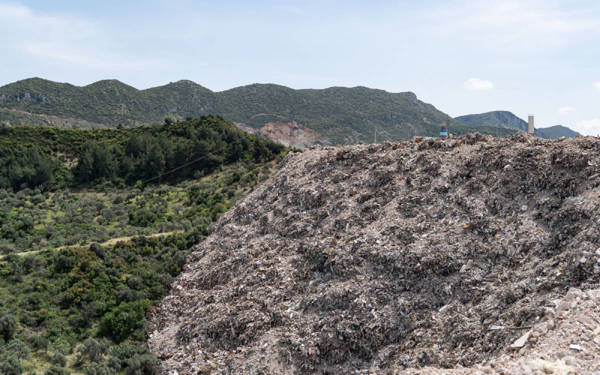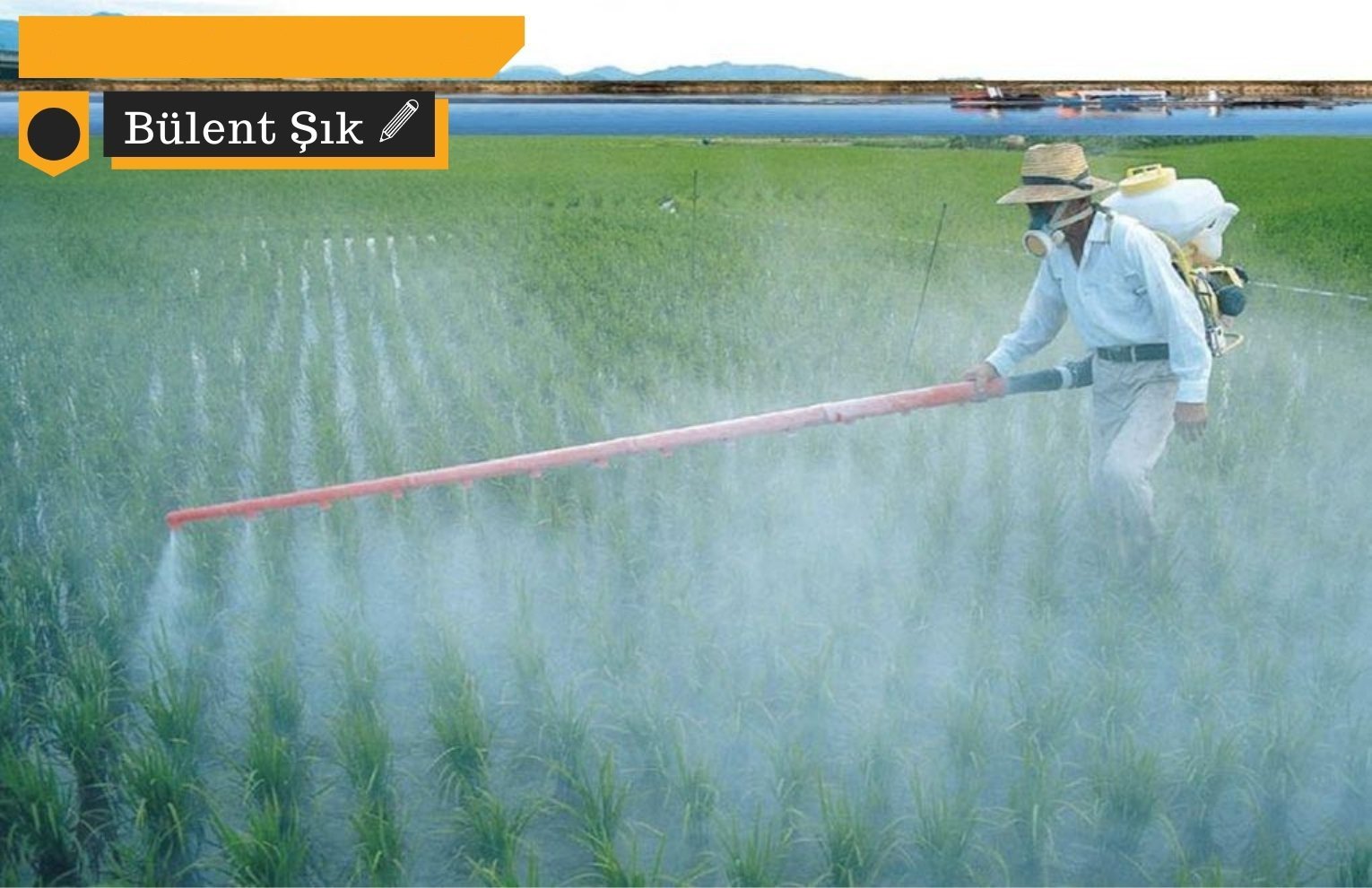Click to read the article in Turkish
Turkey has imported hundreds of thousands of plastic waste or thrash every year since 2016. According to Eurostat, the amount of plastic waste sent to Turkey by European countries has seen a 196-fold increase since 2004.
Turkey imported 656,960 tons of plastic waste only from Europe in 2020. Having imported 518,080 tons of plastic waste from Europe in 2021, Turkey ranked first again in receiving plastic trash from Europe. In 2021, one out of every three pieces of trash in Europe ended up in Turkey.
In a news report published on March 29, 2022, it was indicated that three GPS devices were placed in three TESCO recycling bins in London to see where the plastic waste that set off from England headed for.
In the end, it was detected that one of the plastic waste bins with a GPS device attached ended up in Turkey's Adana province and the waste was thrown to an area where there was no recycling facility.
Compelled to make a statement following this study, Minister of Environment, Urbanization and Climate Change Murat Kurum said, "As per the Environment Law, importing waste that is impossible to recycle and for purposes of elimination is forbidden. Allegations are not true."
His statement does not reflect the truth; on the contrary it distorts the truth.
The recovery rate of plastic waste is very low. According to a recent report, only 9 percent of plastic waste can be recycled across the world. In our country, it is not certain to what extent plastic trash is subjected to recycling; however, it is safe to say that a wide majority of them cause serious environmental pollution, considering what happened in Adana.
Around half of the imported plastic trash arrives in Adana. It has long been indicated by the Microplastic Working Group and Greenpeace Turkey that plastic waste is haphazardly discharged into various residential areas in Adana and the discharged waste is burned in the open.
The fact that the remains of several toxic substances that are extremely detrimental to human and environmental health have been detected in the soil and water samples taken from the plastic trash discharge and burning sites in Adana is proof of how big the problem is.
After Greenpeace found out in its field research in April 2021 that the plastic waste, mostly imported from England and the European Union (EU), is illegally thrown away in the environment and burned in the open, it has prepared a report titled "Waste Games / Unrecyclable Lives" as a result of its research in the trash dumping sites.
In the research carried out by Greenpeace, chemical substances with carcinogenic, mutagenous and therotegenous effects and retaining their toxic character for years such as dioxins and furans, polychlorinated biphenyls (PCBs), heavy metals and polycyclic aromatic hydrocarbons have been detected in the soil and waste taken from the waste sites. The amount of toxic chemicals detected is thousands of times higher than the samples taken from ordinary environmental conditions. The detected toxic substances are defined as persistent organic pollutants in the literature.
It is certain that these toxic substances will lead to serious health problems over time.
To make matters worse, it is a fact that trash import is still in place despite the false-wrong statements of Minister of Environment, Urbanization and Climate Change Murat Kurum and its harms for the human and environmental health will cause a serious problem for years.
Adana is one of the most important centers of agricultural production in Turkey. Throwing away hundreds of thousands of tons of plastic trash in the environment and burning them for the past few years will lead to pollution of toxic substances that will prevail in soil and water bodies for generations to come. It is highly likely that remains of toxic substances will be found in the food produced in polluted regions and in the water, depending to what extent water bodies have been affected.
The fact that these products are consumed all across Turkey will increase the number of people affected by this problem of pollution.
This toxic pollution will affect children the most. The younger the children are affected, the more negative it will be for them. When children's neurological and hormonal systems are negatively affected, it leads to various health problems such as congenital anomalies, an increase in incidence of childhood cancers, deterioration in cognitive skills (such as thinking, learning, judging, problem solving, etc.), obesity, diabetes, attention deficit hyperactivity disorder and autism spectrum disorder.
It is of course a fact that toxic pollution will affect not only children, but adults as well. However, children are much more susceptible to the negative effects of toxic substances than adults are.
I must note that potential health problems may arise even when one is subjected to a very small amount of these toxic substances. Available scientific knowledge indicates that when people are subjected to persistent organic pollutants for a long period of time in small amounts, it leads to serious health risks for children in mothers' wombs, newborns and children.
When babies and children are concerned, their tissues and organ systems are in a fast process of growth and development, which makes them more susceptible and vulnerable to the negative effects of toxic chemicals.
The health hazards that arise as a result of children being subjected to these chemicals in their growth and development periods may not be seen immediately and may come up in late stages of their lives.
According to the 2021 population statistics of the Turkish Statistical Institute (TurkStat), 2 million 263 thousand people live in Adana. Of this population, 716 thousand are at the ages of 0-18. The number of children at the ages of 0-4, the most susceptible group, is around 165 thousand.
Who will be responsible for the health hazards that will arise over time because these children have been subjected to toxic chemicals?
The import of plastic waste must be ended and public efforts must be swiftly made to reveal the dimensions of the current pollution and to eliminate it. (BŞ/APK/SD)










.jpg)

.jpg)